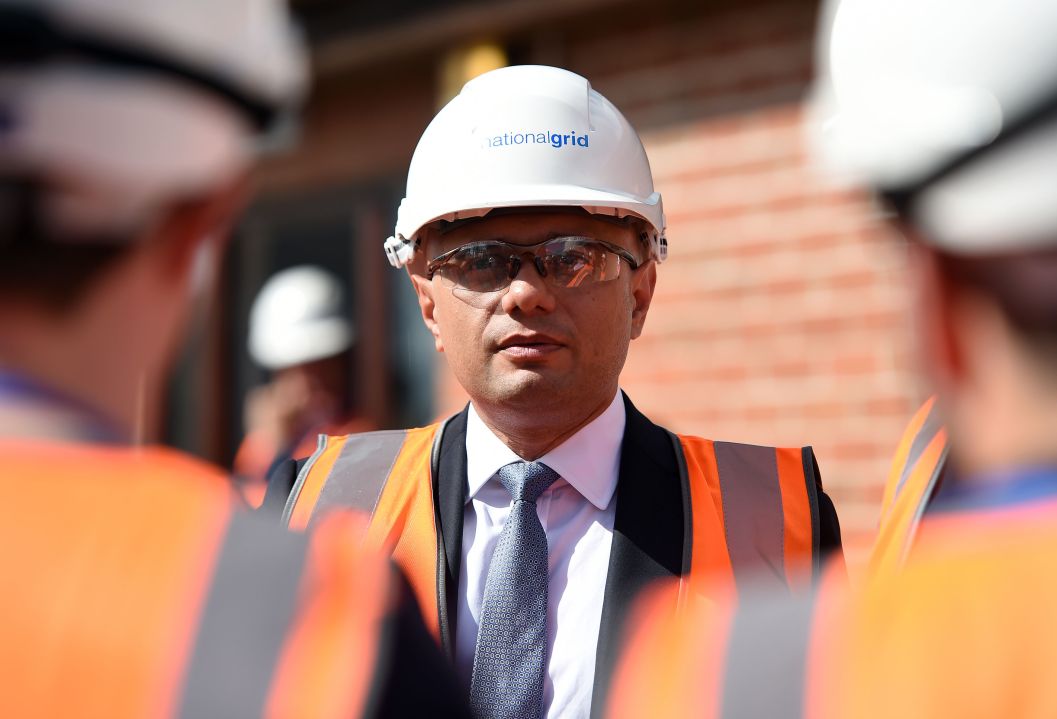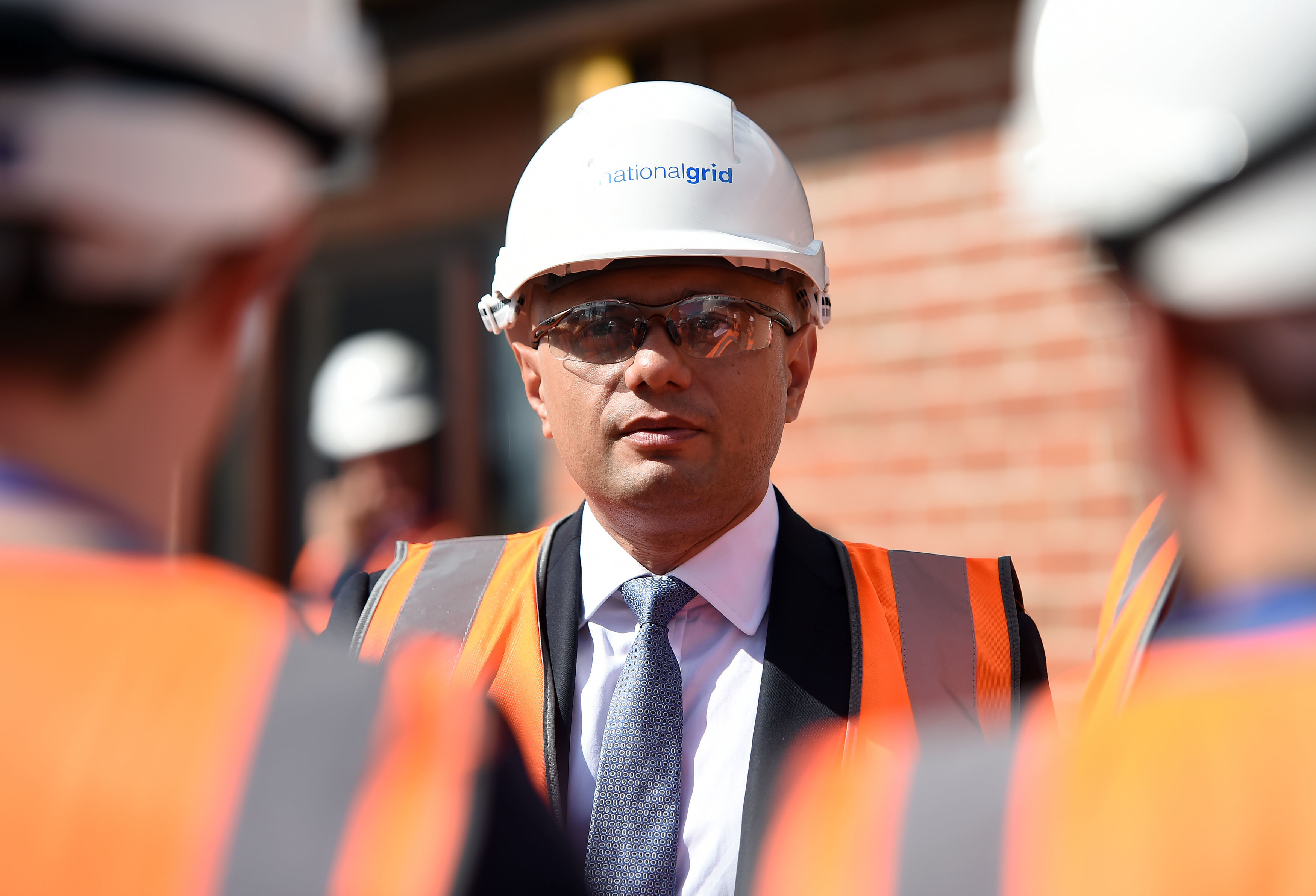Close your eyes, and you could have been listening to Gordon Brown in his pomp. Seven billion for schools. Six billion for the NHS. Money for youth centres, the police, and social care with overall spending rising at the fastest rate for fifteen years. If Chancellors were measured simply by their ability to spend more of other people’s money than any of their rivals – and in truth plenty of them see that as their main goal – then Sajid Javid would have already got off to a great start. But will it be enough to win the looming election? Sure, it will help – but he will need to do a lot more to command a majority for his Prime Minister.
It is a long time since we have seen a Chancellor as free-spending as this. Philip Hammond seemed happy simply to move the paperclips around on his desk while keeping the books in order. George Osborne concentrated on political point-scoring, while Alistair Darling was preoccupied with coping with the financial crash. You have to go back to Gordon Brown, who, with Tony Blair smirking at his side, delivered billions upon billions of extra public spending, while challenging his rivals to cut it. With substantial real increases in departmental budgets, especially for areas like education and policing that have been squeezed in the last decade, Javid has shown today that he is more than ready to splash the cash.
It would be easy to dismiss that as electioneering, but in fairness it is perfectly justified. The global economy is turning down, and lots of countries are looking at a fiscal stimulus, and there is no reason why the UK should not join them. The public finances are back in decent shape so it’s perfectly affordable. And we face the unique challenge of leaving the EU, with some inevitable disruption to the economy. Against that backdrop, it would be crazy not to increase spending. There are plenty of worthy projects, and we need to keep the economy expanding through Brexit.
The trouble is, it is not going to win the election by itself. Sure, voters like the extra resources. But they also need to be convinced the money is being spent wisely, and that the Chancellor has a vision of how the economy should develop. What would that look like? First, it is fine to spend more money on areas like policing and education, but the government also needs to demand reforms at the same time so that the money doesn’t simply disappear into higher salaries. Next, Javid needs to focus on upgrading the country’s infrastructure, not with huge airports or high-speed rail lines, but with smaller improvements to road, train, and power systems. Finally, he needs to start work on a programme of tax reform and simplification that makes the UK far more competitive. As we leave the EU, we will need to boost demand, but we will need to work just as hard on the supply side of the economy as well.
In truth, if it gets through the next couple of months, and wins a fresh majority, the Johnson government could easily embark on a long-term reforming agenda. But it can only to that if it starts in the right way. Javid has shown he knows where the cheque book is. Over the next few weeks, he will need to show he has a vision of how the economy can grow over the next few years as well.







Comments